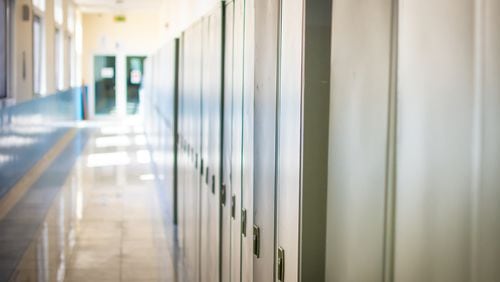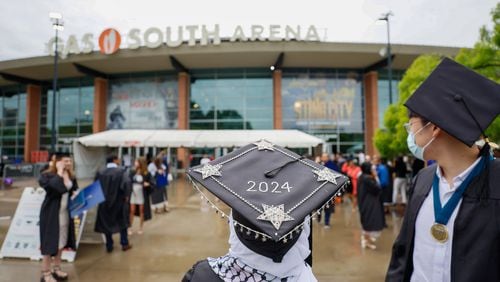”SB 233 (is) a voucher bill that will divert crucial public money away from public K-12 schools. Moreover, SB 233 legislation falls short of guaranteeing the high standards of instruction, educational quality and civil rights protections that characterize more accountable public schools.” – David Schaefer, Georgia Budget and Policy Institute vice president of research and policy.
A recent University of Georgia poll commissioned by the Georgia Budget and Policy Institute found that a little over a third of Georgians support private school vouchers if doing so negatively impacts public schools, which it most certainly will. Per that same survey, only 14.8% of Georgians believe that a voucher system will help underperforming students.
Nevertheless, even though the idea of our state funding such vouchers is very unpopular, Georgia’s GOP leadership decided to push their misguided bill through the General Assembly. And Gov. Brian Kemp has proudly signed Senate Bill 233, an unpopular law that may initially cost $140 million a year and be the warning shot in a broader GOP attempt to destroy Georgia’s public education system.
SB 233 provides $6,500 vouchers for parents who decide to pull their kids out of our public schools, undercutting the basis of our highly successful public education system. To be fair, there are strings attached. The primary requirement is that the student be enrolled in a public school that is rated poorly (in the bottom 25%). Priority is supposedly given to “economically disadvantaged students.”
However, the devil is in the details. Our legislators know that $6,500 annually is not enough to fully pay for any private school. Some information shows the parent of an elementary school student would on average still have to come up with an additional $5,340 to place their child in a private school. For high schoolers, the additional cost burden is even more, $5,900 for just one child.
Credit: Courtesy Photo
Credit: Courtesy Photo
So, the actual – versus theoretical – users of the vouchers will be the parents of upper middle-class students who simply use it to lower their tuition costs. Is this truly what Georgia’s taxpayers want to do? Use our tax money to relieve the financial burden of people who already have the money to do whatever they wish?
And then there is the impact on public education itself. Funding private schools diminishes voter support for public schools. Plus, there are variable and fixed costs to running a public school. If there are fewer students, it will mean public schoolteacher layoffs (a variable cost). But there are many costs that are not variable but are fixed.
For example, school buildings, buses and grounds cost the same to the county/city whether they are 100% or 80% full. So, fewer students will not lower school district operational costs. Fewer students will simply mean that the cost per student rises.
There were many other things that the General Assembly could have done which would have had a positive impact on K-12 education, especially for those most in need. Now, local funding for school systems is regressive, relying on property taxes. Wealthy districts can raise funds easily versus poor urban and rural districts where the educational needs may be greatest. As a former two-term GOP county commissioner in a rural Georgia county, I can tell you how hard it is to raise funds.
Instead of helping private school with affluent students, our General Assembly should provide supplemental state funding for public schools with a disproportionate number of lower income students. Georgia is one of only six states that refuse to provide adequate funding.
Families on the lower end of the economic spectrum are given a chance to succeed via public education. My mother and father were from immigrant families and did not speak English until they went to elementary school. But my father got educated via public schools and ended up running factories here in Georgia and overseas. His grandchildren, educated in Georgia K-12 public schools, are doctors and teachers.
The reason the U.S.A. is the world’s greatest melting pot is that we strive to have equal opportunity for all. Public education is one essential means of accomplishing this goal. Let’s not abandon the moral high ground via misguided calls to privatize.
Ask your legislators to repeal SB 233.
Jack Bernard is a retired business executive and former chair of the Jasper County Commission and Republican Party. He was the first director of health planning for Georgia.
About the Author







